Science Museum: The evolution of robots
A new exhibition delves into the 500-year history of robots and explores the future of artificial intelligence
A free daily email with the biggest news stories of the day – and the best features from TheWeek.com
You are now subscribed
Your newsletter sign-up was successful
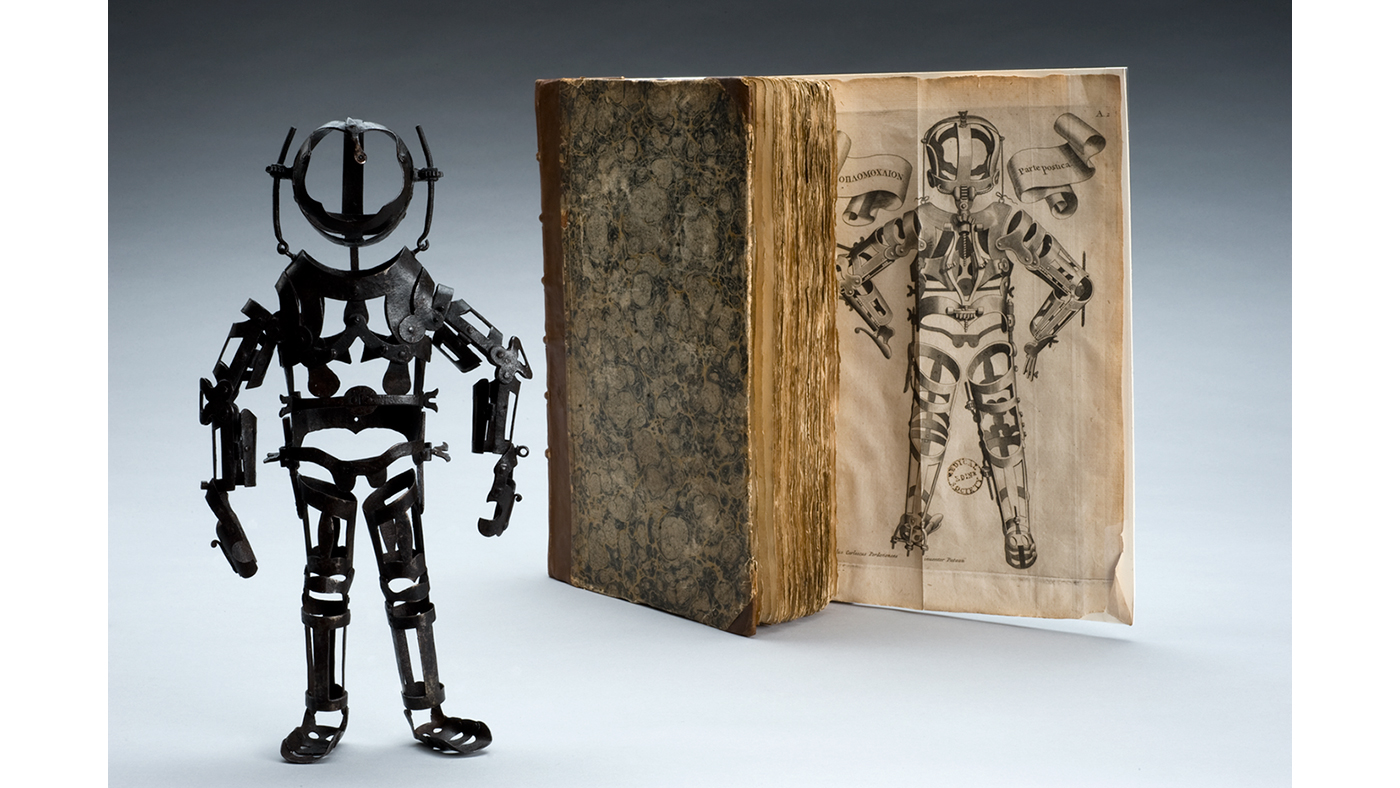
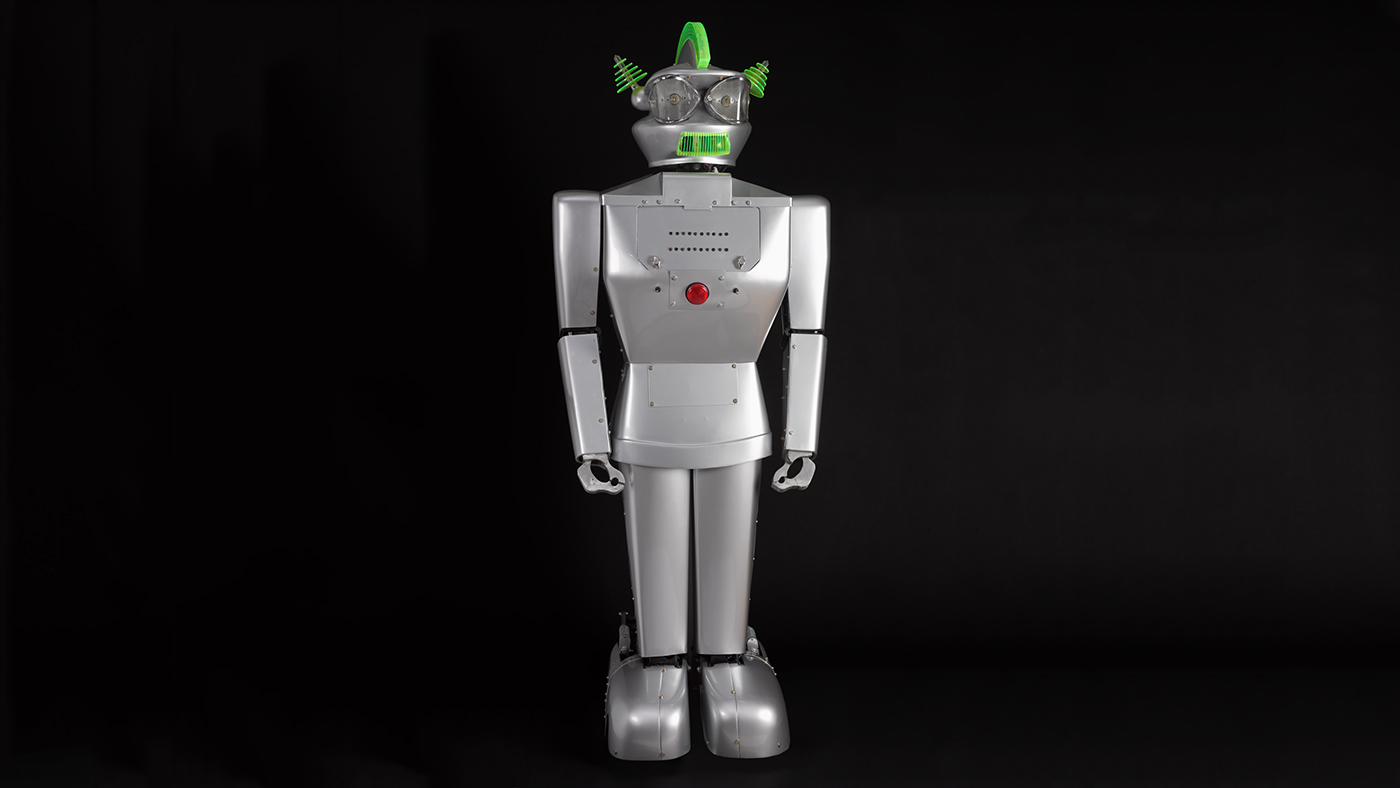
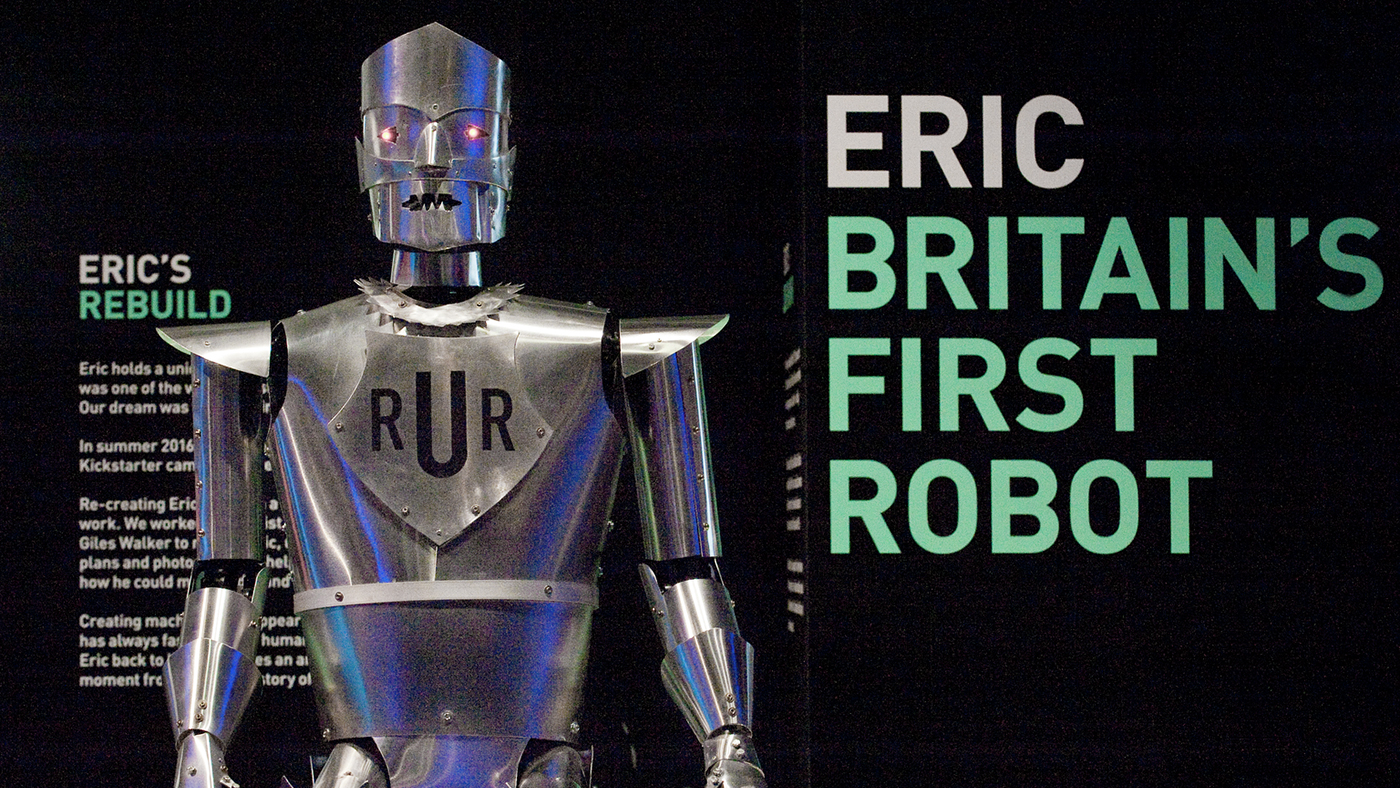
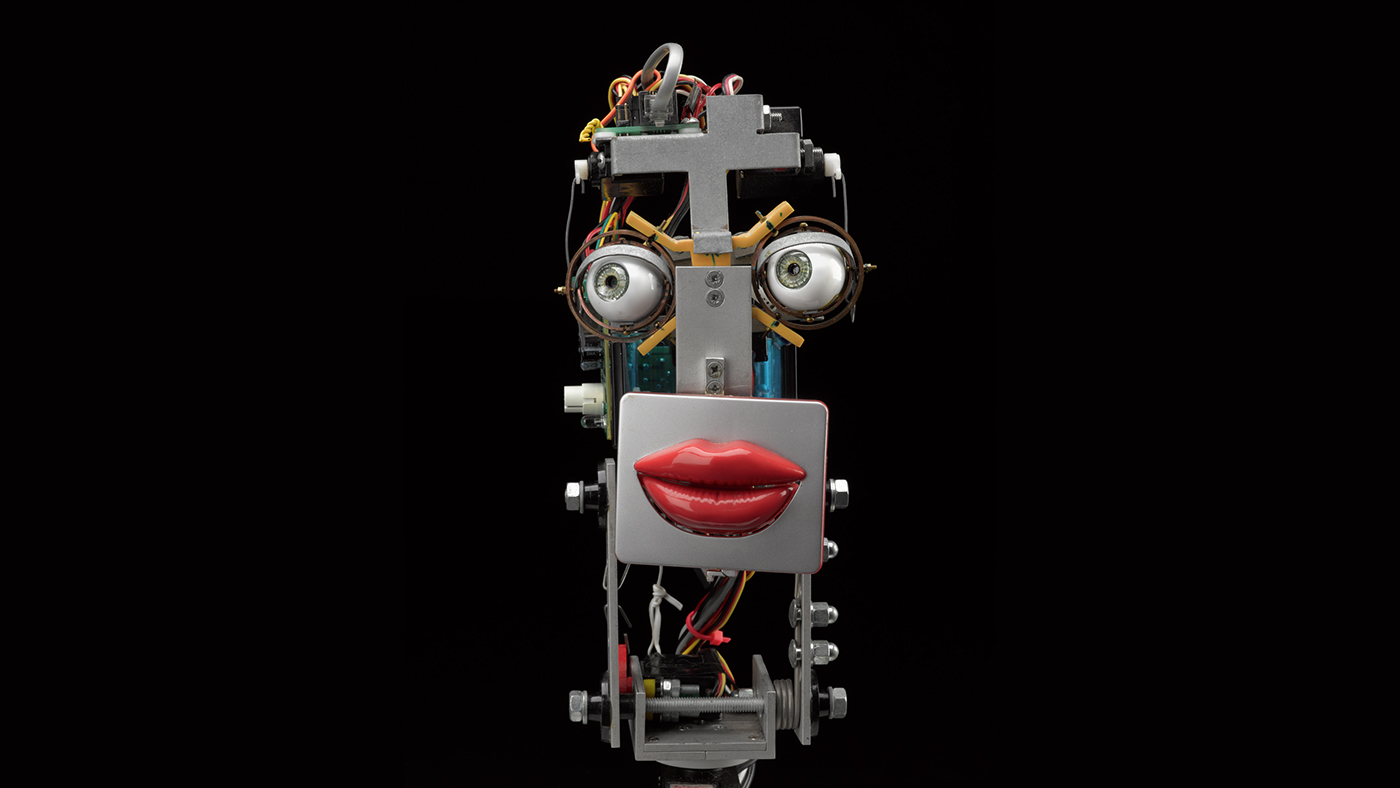
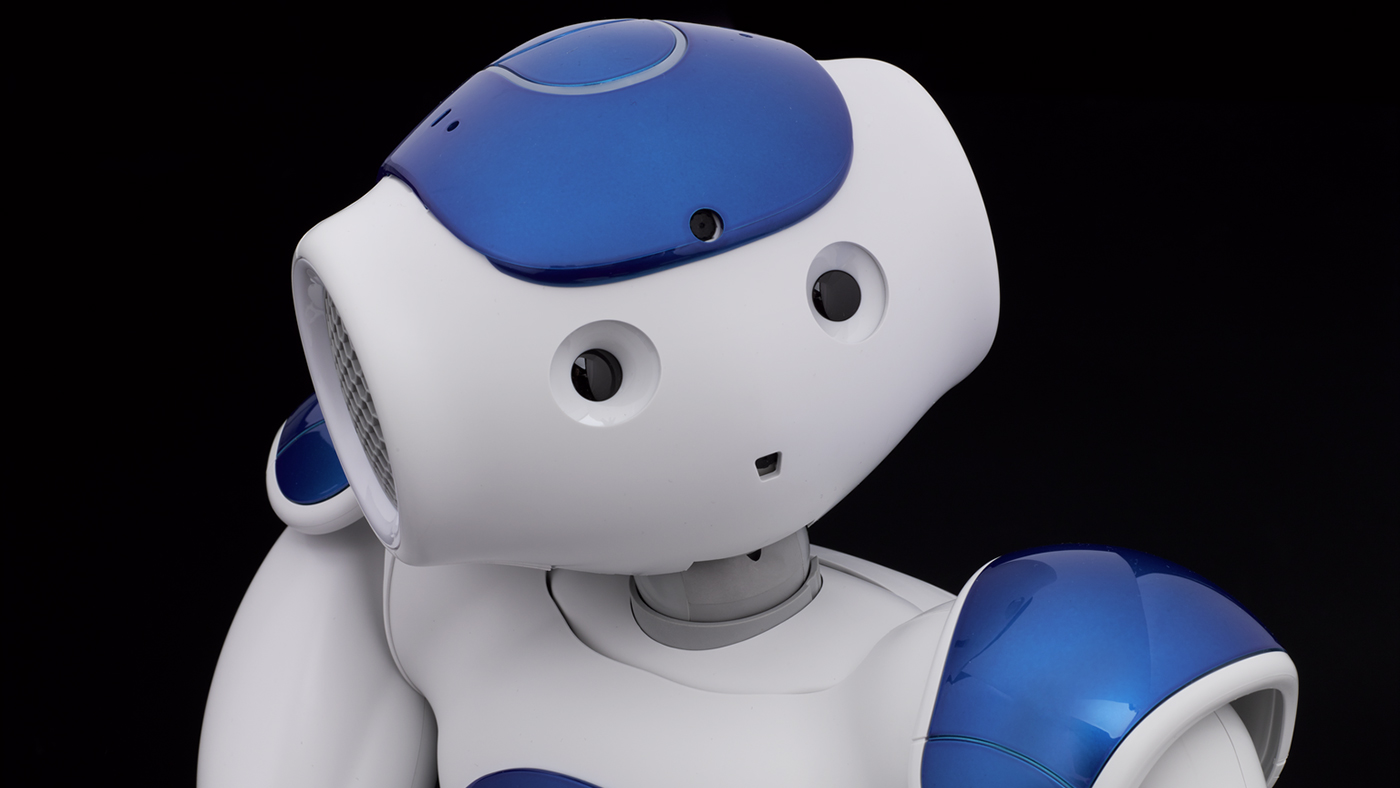
Our uneasy relationship with artificial intelligence is well documented. You only have to look to film classics such as 2001: A Space Odyssey and Blade Runner as well as recent TV hits such as Humans and Westworld to see our continuing fascination with dystopian futures in which robots have the potential to overpower the human race.
Even influential figures such as Bill Gates, Stephen Hawking and Elon Musk have voiced their concerns about a world where the lines between the mechanical and mortal are blurred, with Musk declaring it as mankind's "biggest existential threat". As technology continues to shape our world and we increasingly welcome smart gadgetry into our homes, personal lives and workplaces, is it time to re-evaluate?

A new exhibition at the Science Museum seeks to delve further into the rise of robots, tracing a remarkable 500-year history of the human obsession to shape them in our own image. While the term "robot" was first used in 1920, the story dates back much further, and here visitors will be able to see first-hand such early examples as a 16th-century mechanical monk and iron manikin, used to illustrate the articulation of the human body.
The Week
Escape your echo chamber. Get the facts behind the news, plus analysis from multiple perspectives.

Sign up for The Week's Free Newsletters
From our morning news briefing to a weekly Good News Newsletter, get the best of The Week delivered directly to your inbox.
From our morning news briefing to a weekly Good News Newsletter, get the best of The Week delivered directly to your inbox.

The collection of over 100 robots will follow their evolution through the centuries, investigating how forces such as religious belief, the industrial revolution and 20th-century popular culture have come to define their form. Highlights include Eric, the UK's first robot built in 1928, which was brought back to life last year thanks to a Kickstarter campaign, the mischievous Inhka – a robotic receptionist who greeted visitors to King's College London from 2003 until 2014 – and the forward-thinking Nao V5 Evolution humanoid robot, a fully programmable device that can be put to use in areas such as education and retail. It will also turn its attention to the cutting edge, offering a behind-the-scenes glimpse at the latest developments and research as scientists come closer to replicating human emotions and intelligence.

Running alongside the exhibition will be a number of special events giving further insight into the technology behind the creations as well as tackling the philosophical questions surrounding their future existence. As part of the varied programme, science broadcaster Dallas Campbell will chair a panel talk on 30 June, investigating the impact of increasing levels of automation on jobs and the economy, while on 31 July the debate will centre on whether robots will eventually outsmart us altogether.
Robots is at the Science Museum from 8 February to 3 September 2017, £15; sciencemuseum.org.uk
A free daily email with the biggest news stories of the day – and the best features from TheWeek.com
-
 Political cartoons for February 16
Political cartoons for February 16Cartoons Monday’s political cartoons include President's Day, a valentine from the Epstein files, and more
-
 Regent Hong Kong: a tranquil haven with a prime waterfront spot
Regent Hong Kong: a tranquil haven with a prime waterfront spotThe Week Recommends The trendy hotel recently underwent an extensive two-year revamp
-
 The problem with diagnosing profound autism
The problem with diagnosing profound autismThe Explainer Experts are reconsidering the idea of autism as a spectrum, which could impact diagnoses and policy making for the condition
-
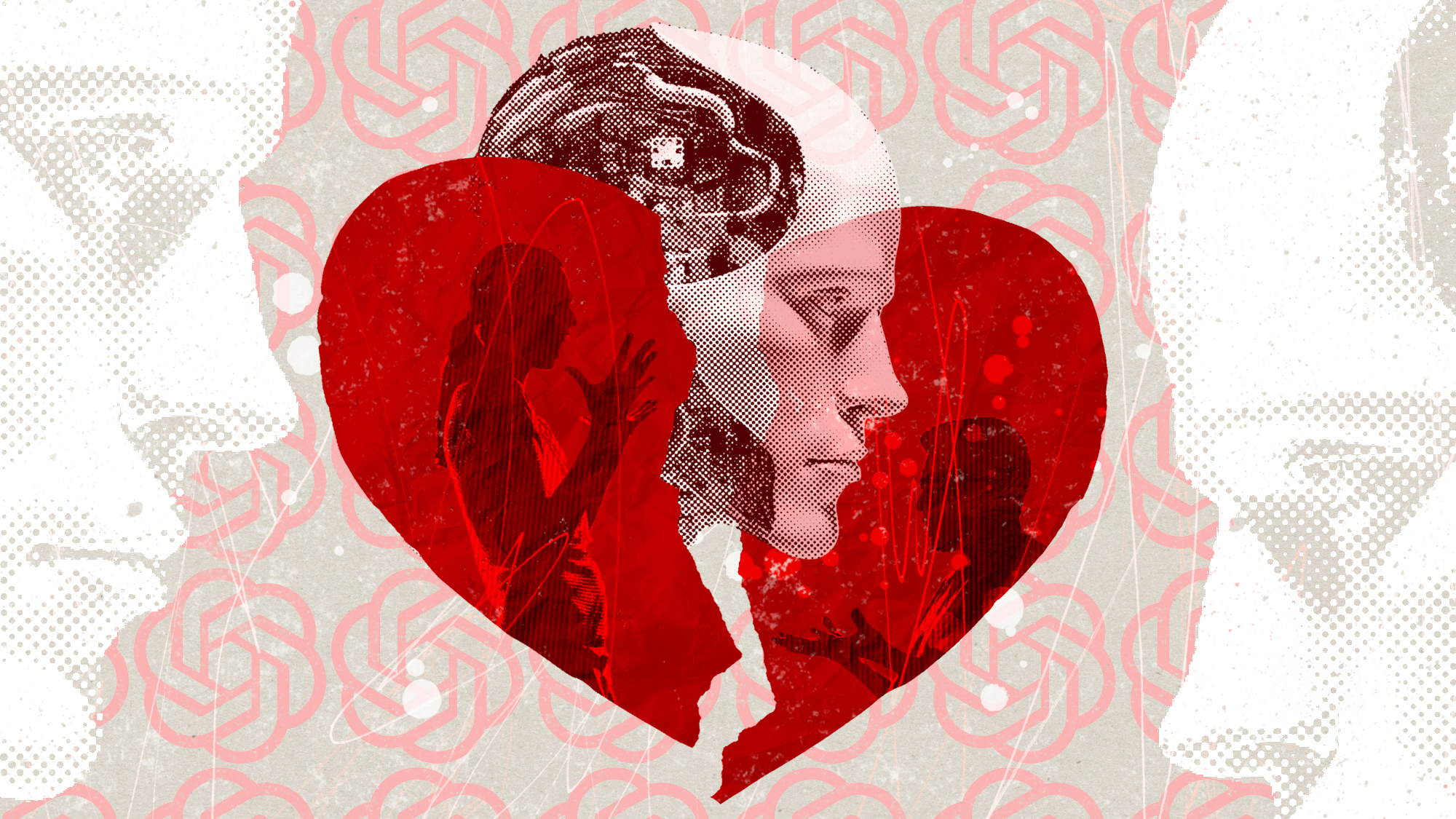 How AI chatbots are ending marriages
How AI chatbots are ending marriagesUnder The Radar When one partner forms an intimate bond with AI it can all end in tears
-
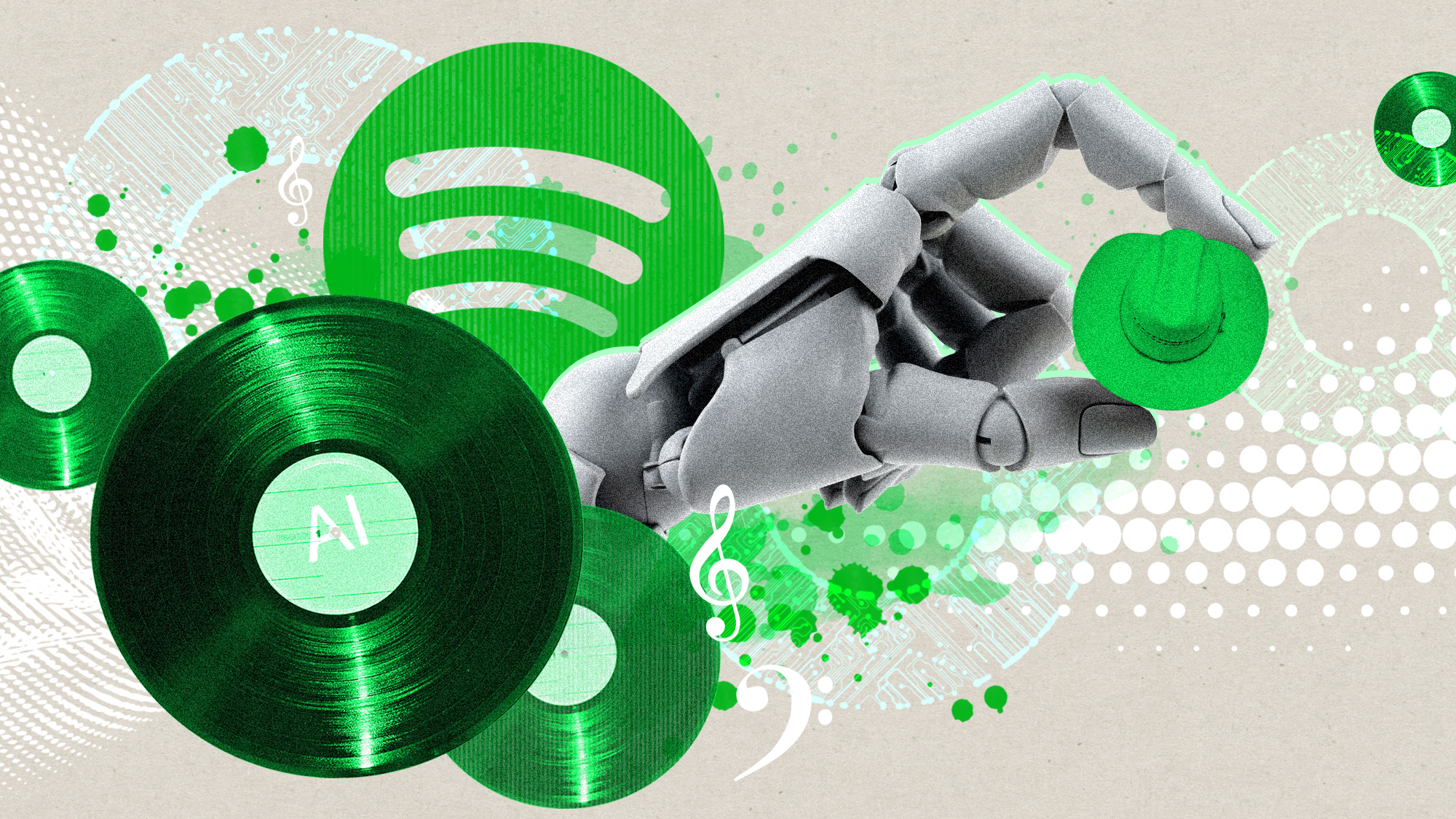 The most downloaded country song in the US is AI-generated
The most downloaded country song in the US is AI-generatedUnder the radar Both the song and artist appear to be entirely the creation of artificial intelligence
-
 Disney bets big on AI, but not everyone sees a winner
Disney bets big on AI, but not everyone sees a winnerTalking Points The company will allow users to create their own AI content on Disney+
-
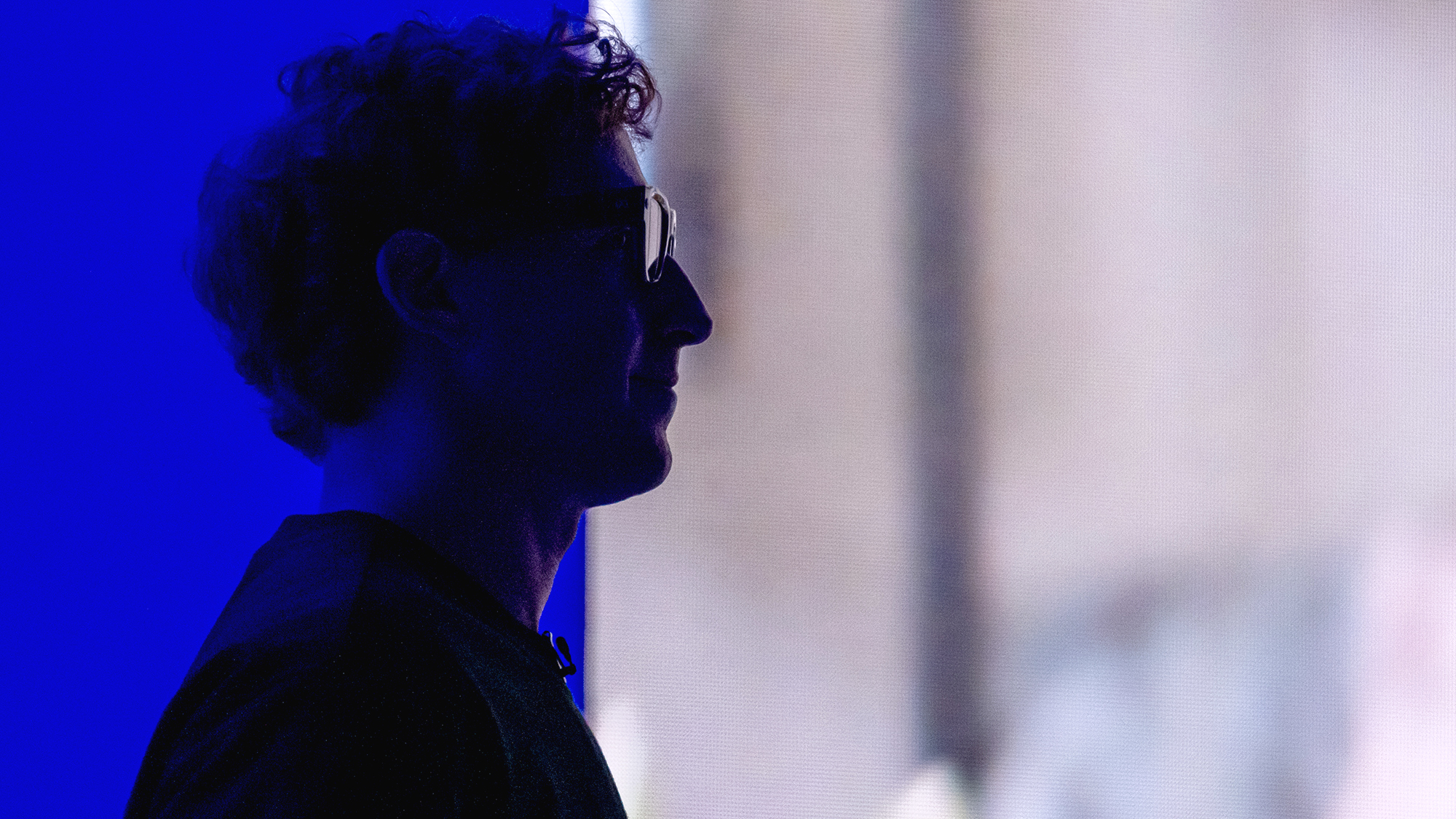 Smart glasses and unlocking ‘superintelligence’
Smart glasses and unlocking ‘superintelligence’The Explainer Meta unveiled a new model of AI smart glasses this week, with some features appearing ‘unfinished’ at a less-than-perfect launch
-
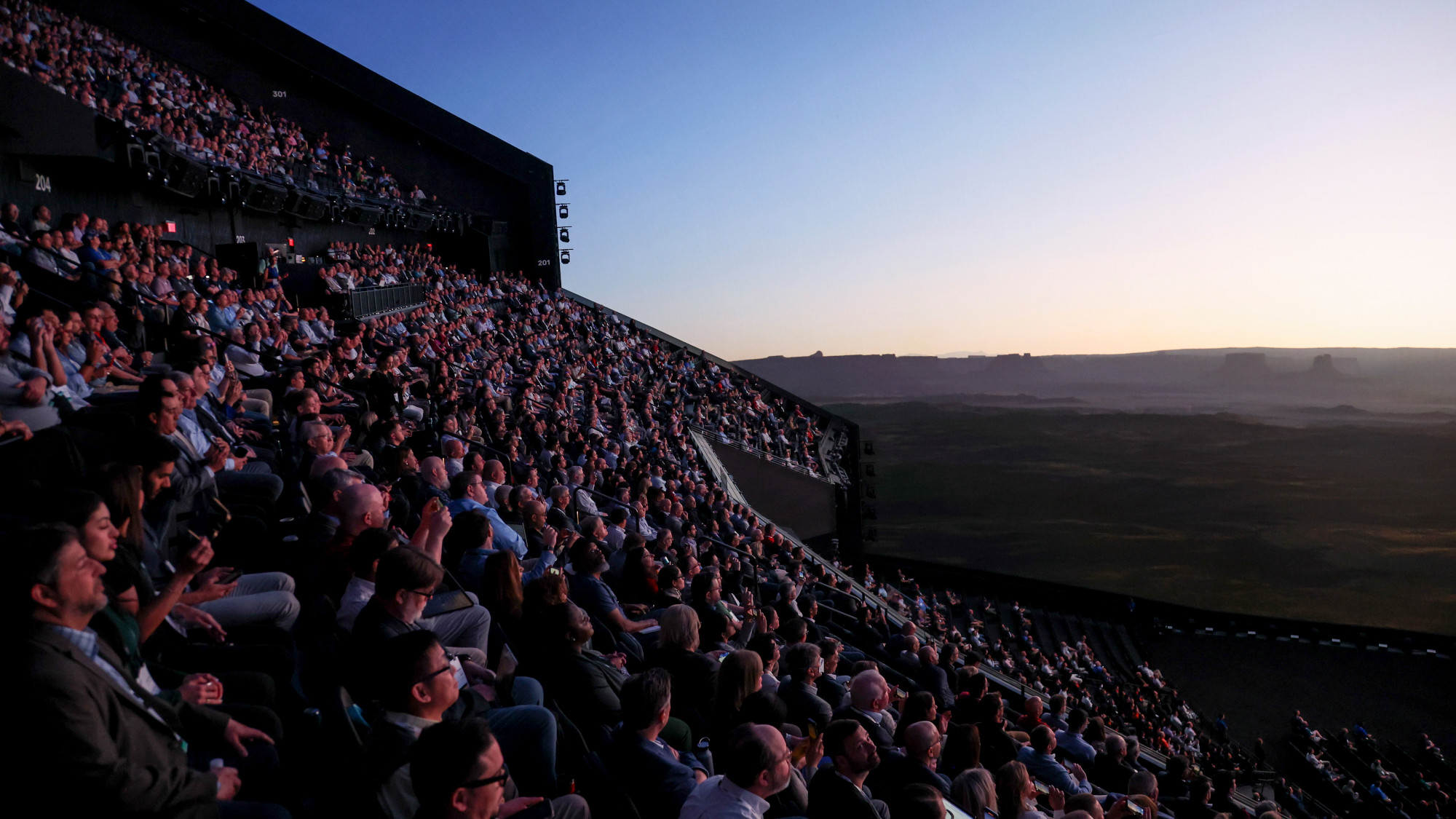 Oz at the Sphere: AI's latest conquest
Oz at the Sphere: AI's latest conquestFeature The Las Vegas Sphere is reimagining The Wizard of Oz with the help of AI
-
 The Velvet Sundown: viral band that doesn't actually exist
The Velvet Sundown: viral band that doesn't actually existIn the Spotlight These AI-generated rock hits are brought to listeners by… no one
-
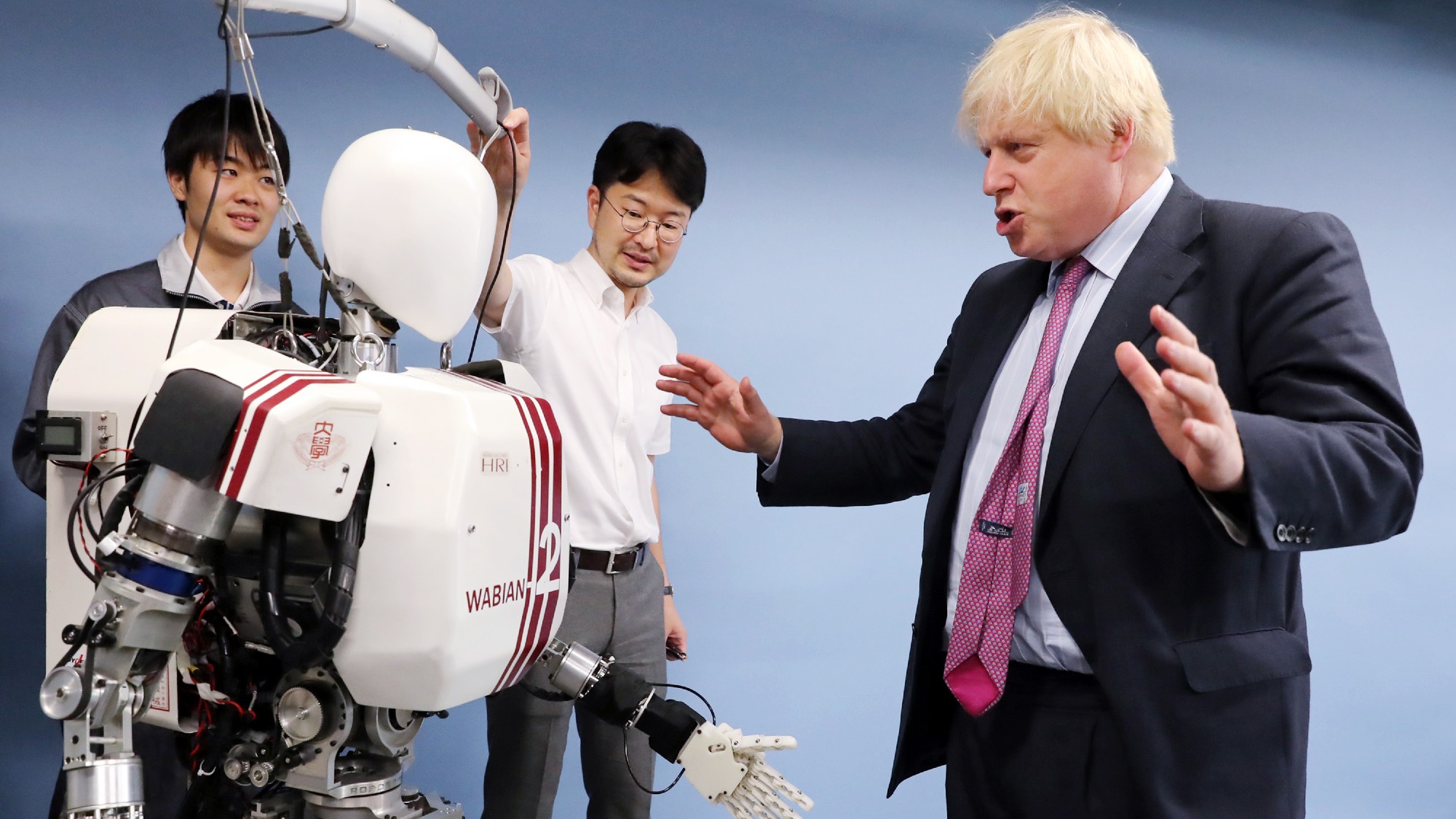 How generative AI is changing the way we write and speak
How generative AI is changing the way we write and speakIn The Spotlight ChatGPT and other large language model tools are quietly influencing which words we use
-
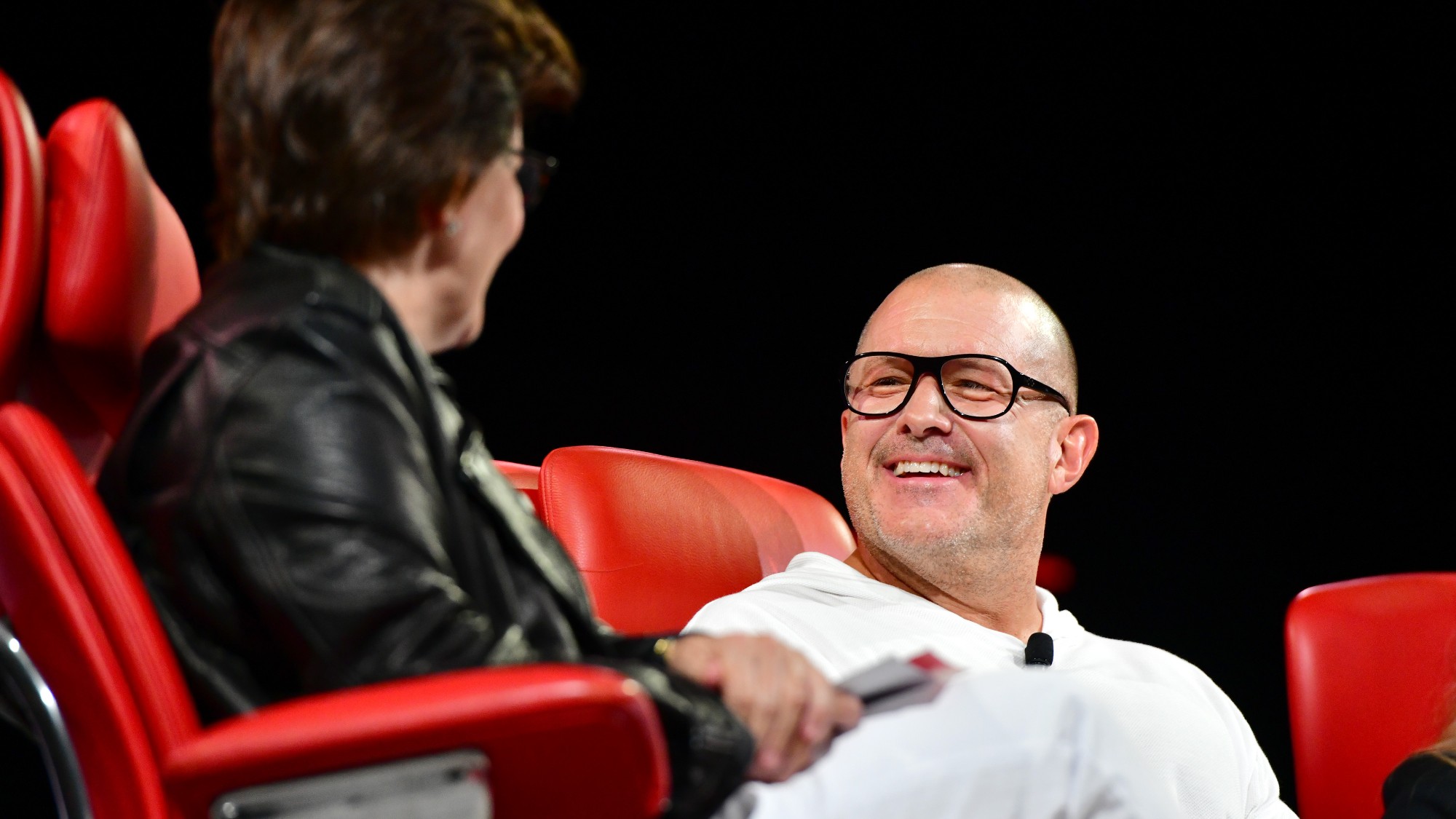 Jony Ive's iPhone design changed the world. Can he do it again with OpenAI?
Jony Ive's iPhone design changed the world. Can he do it again with OpenAI?Talking Points Ive is joining OpenAI, hoping to create another transformative piece of personal technology. Can lightning strike twice?